What are the symptoms of PTSD?
PTSD is not a single set of symptoms. The disorder varies from person to person. Some people with PTSD will have multiple symptoms while others may only have one symptom of PTSD. The severity of symptoms also varies from person to person.
 PTSD is characterized by intense, disturbing thoughts related to the traumatic experience. These recurring thoughts last long after the occurrence of the traumatic event, even when the person experiencing PTSD is now in a safe environment.
PTSD is characterized by intense, disturbing thoughts related to the traumatic experience. These recurring thoughts last long after the occurrence of the traumatic event, even when the person experiencing PTSD is now in a safe environment.
The traumatic event may be relived through flashbacks or nightmares. Flashbacks and intrusive thoughts can be triggered by common situations such as loud noises, seeing a person that reminds them of their traumatic event, or being in an environment reminiscent of their traumatic event.
About 1 in 3 people who experience severe trauma will develop PTSD.
In general, PTSD symptoms can be grouped into one of four major symptom classifications: hyperarousal and hypervigilance, intrusive thoughts, avoidance behavior, and negative moods and cognitive behavior.
Hyperarousal and Hypervigilance
Hyperarousal is an increased physical and mental alertness, in which the body and mind are always on edge, ready to respond to any threat. Individuals with PTSD who experience hyperarousal may be easily startled, have a disproportionate response when startled (such as reverting to combat responses, for example), or feel like they are always primed for action or constantly on edge. The hyperarousal may interfere with sleeping or cause frequent irritability or outbursts of anger.
Hypervigilance is a specific manifestation of hyperarousal where individuals are constantly monitoring for potential threats. Even in ordinary situations, such as eating at a restaurant, someone experiencing hypervigilance will constantly monitor exits, scan each person entering the restaurant, and frequently look out the window to check for external threats. This constant state of hypervigilance is extremely taxing, both mentally and physically, preventing any type of true relaxation or down time.
Intrusive Thoughts
Hollywood portrayals of PTSD typically involve someone experiencing flashbacks. While in real life the flashbacks may not be as dramatic as those portrayed by Hollywood, individuals with PTSD do experience intrusive thoughts, memories, or nightmares related to the traumatic event.
Flashbacks cause emotional harm by constantly reminding the individual of the traumatic event. Flashbacks can also cause someone to react in a disproportionate or embarrassing manner (diving for cover as a response to a loud sound, for example). When these behaviors happen in a public setting, the embarrassment causes further emotional harm.
Avoidance Behavior
Avoidance behavior involves active attempts to avoid places, people, or activities that could trigger a memory of the traumatic event and bring up a host of negative emotions. While avoidance behavior is a protective mechanism, it can interfere with normal activities and relationships, making it difficult to hold down a job, maintain relationships with friends and family members, or engage in travel or social situations.
Negative Mood and Cognitive Symptoms
People suffering from PTSD may feel strong negative emotions such as fear, guilt, shame, anger, or sadness associated with the traumatic event. Survivor’s guilt, for example, can trouble those who survived a dangerous situation when others did not. These negative emotions can lead to depression, hopelessness, and isolation. These negative emotions can sometimes explode as outbursts of anger, self-loathing, or self-harm.



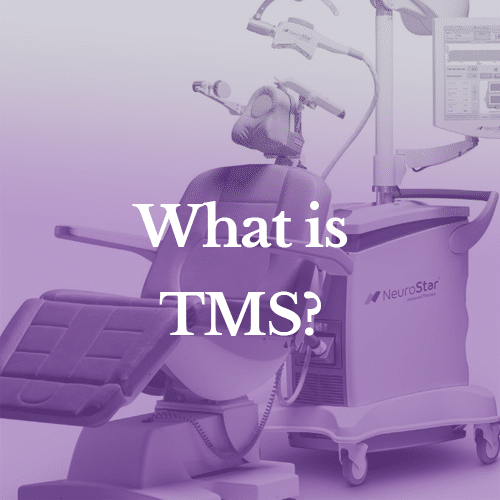
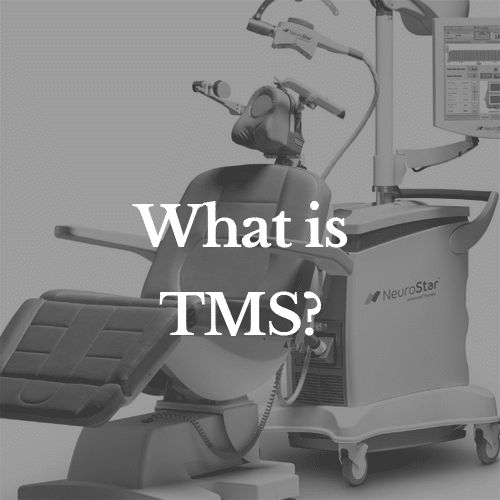
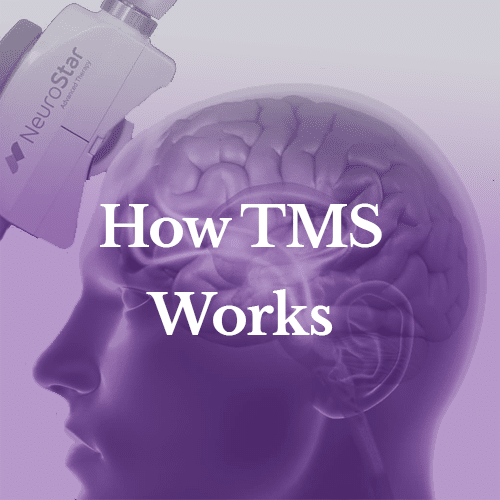
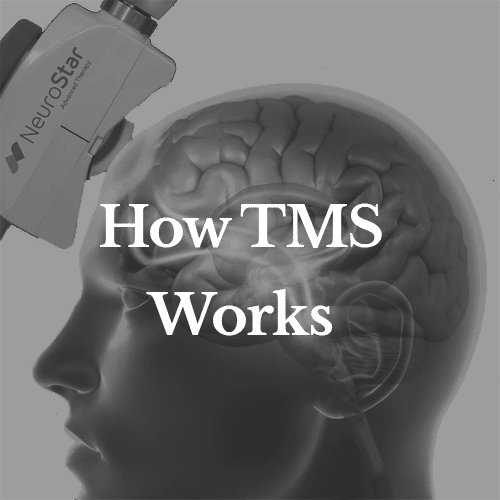
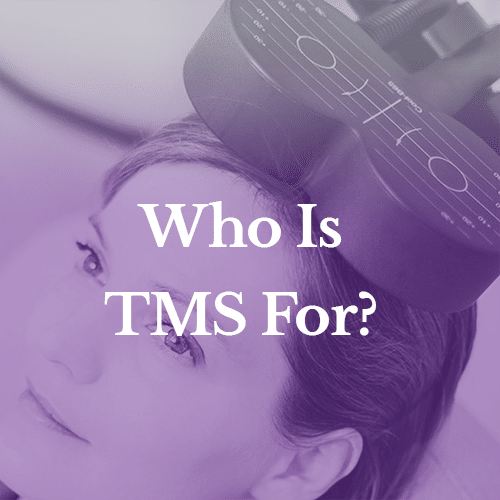



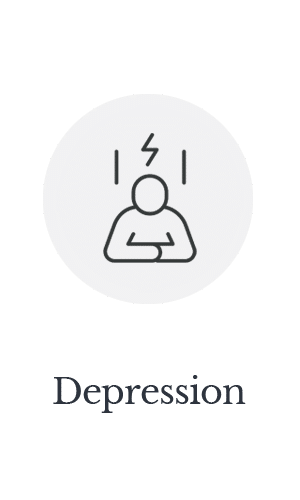
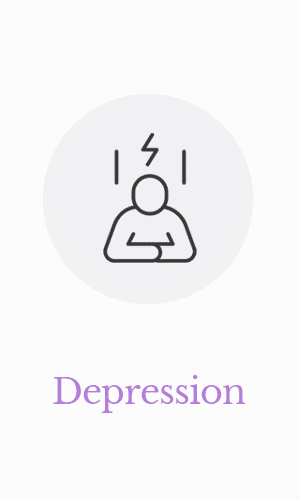
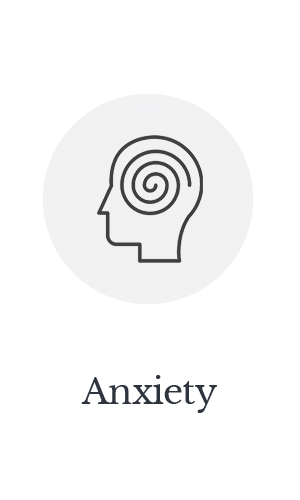



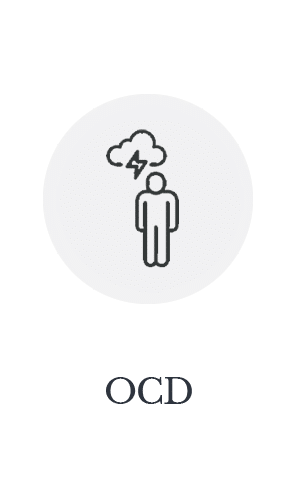



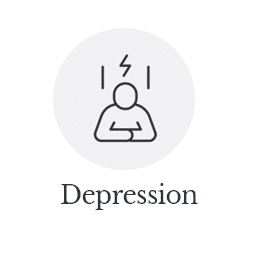
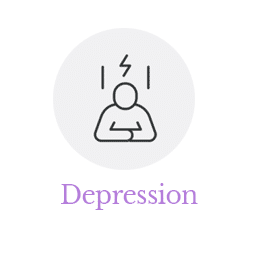
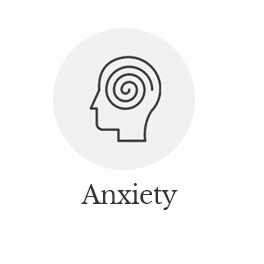
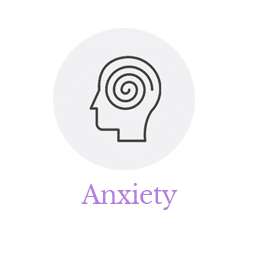
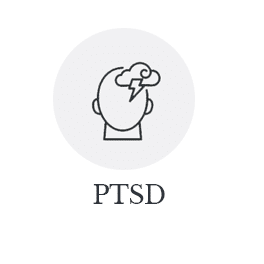
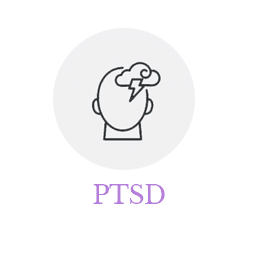
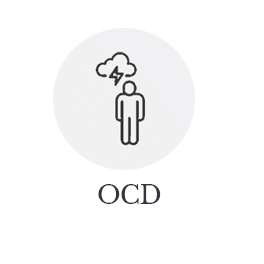
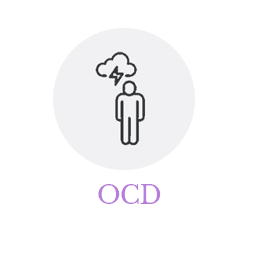
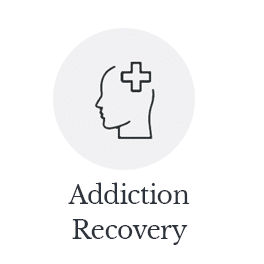
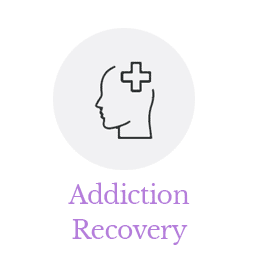
 PTSD is characterized by intense, disturbing thoughts related to the traumatic experience. These recurring thoughts last long after the occurrence of the traumatic event, even when the person experiencing PTSD is now in a safe environment.
PTSD is characterized by intense, disturbing thoughts related to the traumatic experience. These recurring thoughts last long after the occurrence of the traumatic event, even when the person experiencing PTSD is now in a safe environment.